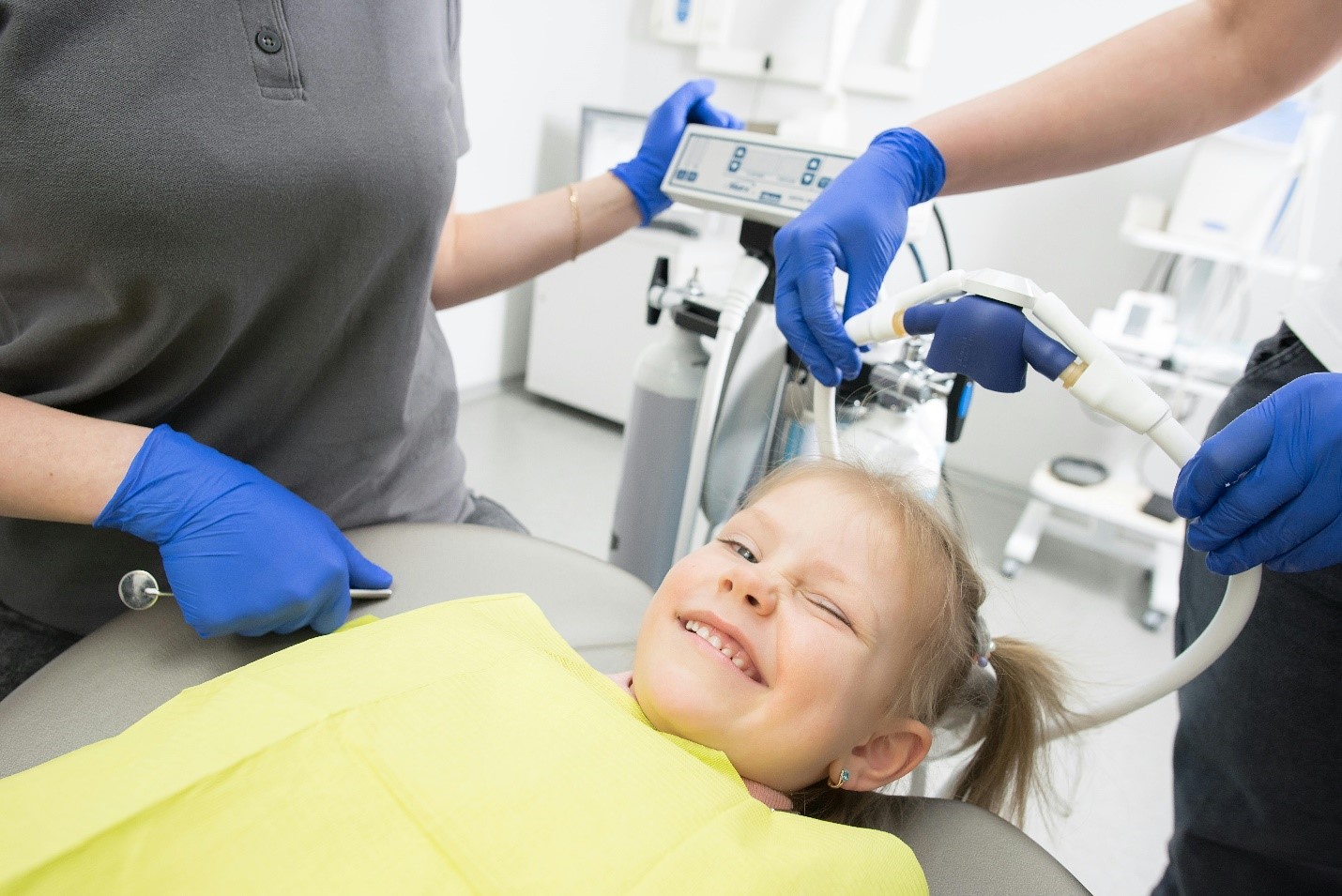Dental Care for Senior Citizens
Dental Care for Senior Citizens
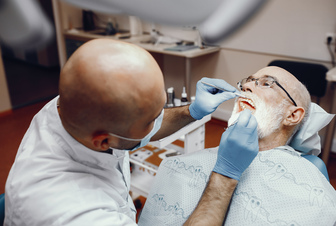
Table of Contents
It goes without saying that dental care is significant for people of all ages. Whether you are a child, a teenager, or an adult, you may face dental problems if you don’t take proper care of your teeth and maintain your oral hygiene. Dental care for senior citizens should take seriously.
However, it’s worth noting that dental care becomes even more important as you age. If you are a senior, you should be concerned about your dental health. To help you understand senior dental health better, let’s go over some of the major oral health problems most people face when they grow older and discuss some ways they can be treated or prevented:
Changes in Oral Health as We Age
Needless to say, our bodies undergo certain changes as we age, and these include:
• Bones becoming less strong and dense
• Tissues becoming less elastic
• Cells renewing at a slower rate
• The immune system becomes weaker
These kinds of changes can also affect your bone and tissue in the mouth, increasing your risk for oral health problems during the later years of your life.
Dental Problems
Receding Gums
If you weren’t aware, receding gums are quite common among elderly people. This is a condition where the gum tissue wears away from the tooth and ends up exposing the root. Receding gums can cause bacteria to build up a lot faster and lead to tooth decay and inflammation.
Even though gum disease is known to be the primary cause of receding gums, brushing your teeth too harshly can also put you at a greater risk.
Tooth Decay
Tooth decay, also known as dental caries, essentially happens when decay-causing bacteria inside your mouth produce acids that damage the enamel. This can result in a small hole in the tooth, known as a cavity. In cases where tooth decay is left untreated, it may lead to infection and pain. Elderly adults are prone to getting cavities because they have a dry mouth.
Although our saliva can protect us from various oral health problems, some seniors tend to have dry mouth due to the medicines they take to treat their illnesses. As a result, they are at an increased risk for cavities.
Tooth Loss
If tooth decay isn’t taken care of immediately after it’s discovered, it can also result in tooth loss. If left unaddressed, it can aggravate and the necessary treatment can be a bit too painful for seniors. While dental technology has undergone major advancements over the years, making most dental procedures swift and pain-free, consulting a dentist should only be considered when it’s absolutely necessary.
Gum diseases
While it is difficult to identify gum disease initially, it can result in dental health issues that are much more severe. This condition, at its peak, can lead to bleeding gums, difficulty while chewing, and several other oral health issues. The only way you can be sure that you haven’t developed any gum diseases is by paying regular visits to your dentist.
Oral Cavities
While people of all ages are affected by dental cavities, it makes up a huge percentage of senior dental problems. Cavities tend to occur when bacteria in the mouth changes the sugar or starch present in your food to acid. It is more common in aging people due to receding gums; and there is a higher chance for cavities to form at the root of their teeth.
To protect your teeth from oral cavities, you need to eat a healthier diet and limit your intake of sugary foods. Apart from that, remember to consult your dentist and discuss your oral health to stay informed about how you can customize your diet.
Stained Teeth
If you’ve spent years consuming beverages and food items with high caffeine content, it is quite natural to get stained teeth as you get older. While it is common for your teeth to darken or become discolored with age, this does not mean that you shouldn’t be concerned about it.
In addition to unhealthy eating habits, ‘thin enamel’ (another condition caused by environmental factors or genetics) can also lead to stained teeth. Even though stained teeth do not pose any serious health issues, there is no harm in paying a visit to your dentist to get your teeth brightened and make sure there are no underlying problems that need to be addressed.
Oral Cancer
It may come as a surprise to you, but oral cancer occurs more frequently in men who are above the age of 40. Smoking and other types of tobacco use are known to be the primary causes of oral cancer. Additionally, drinking alcohol in excess can also increase your risk.
Solutions: Dental care for senior citizens
After learning about some of the major dental health problems that affect most people as they grow old, it is imperative that you learn how these conditions can be treated. Let’s take a look at some practices that you need to incorporate into your daily life to reduce your risk of these dental problems and make sure your gums and teeth stay healthy for as long as possible.
Brush Your Teeth Regularly
As an adult, this may seem fairly obvious to you. However, as you grow older, you may not be able to remember basic everyday things as well as you did as an adult, and this may include brushing your teeth regularly. Make sure you’ve asked your caregiver or people you live with to remind you to brush your teeth daily.
Floss
Flossing is also important and should be made part of a senior’s daily oral health routine. While brushing teeth helps maintain oral health, it won’t be as effective if they do not floss regularly as flossing can help clean the gaps between their teeth.
Maintain Your Oral Hygiene
Prevention is better than cure. As a senior citizen, taking care of your oral hygiene becomes even more important if you’ve already been through a dental procedure. You need to make sure that your dentures are adequately cleaned, and you have to take them out for at least 4 hours a day. You may choose to do this at night for your convenience.
Final Words
It’s worth considering that many dental conditions cannot be identified properly at an early stage if you don’t make a habit of visiting your dentist regularly. If you notice toothache, dry mouth, swollen gums, dentures fitting poorly, or loose tooth, get in touch with your dentist right away to make sure the condition doesn’t get any worse.
Apart from annual dental checkups, it’s advisable that you keep your dentist in Dubai, the loop about any changes you’ve made to your diet any new medications that you’re taking. This will help them assess the situation better and come up with an appropriate plan of treatment for you.
Book an Appointment With Your Doctor NOW!
Ready for a brighter smile? Schedule your appointment with Dr. Paul’s Dental Clinic today and experience exceptional dental care.
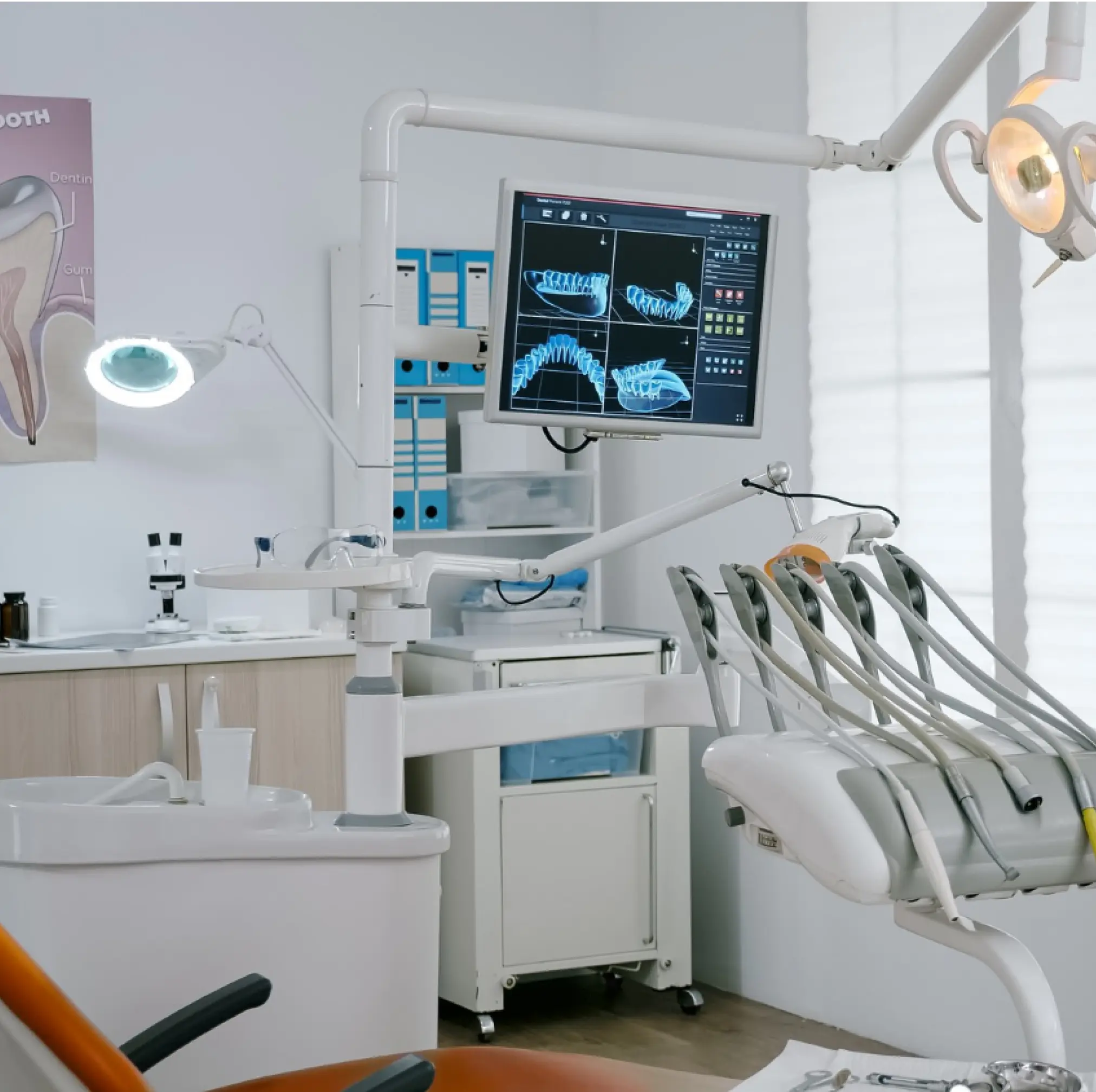
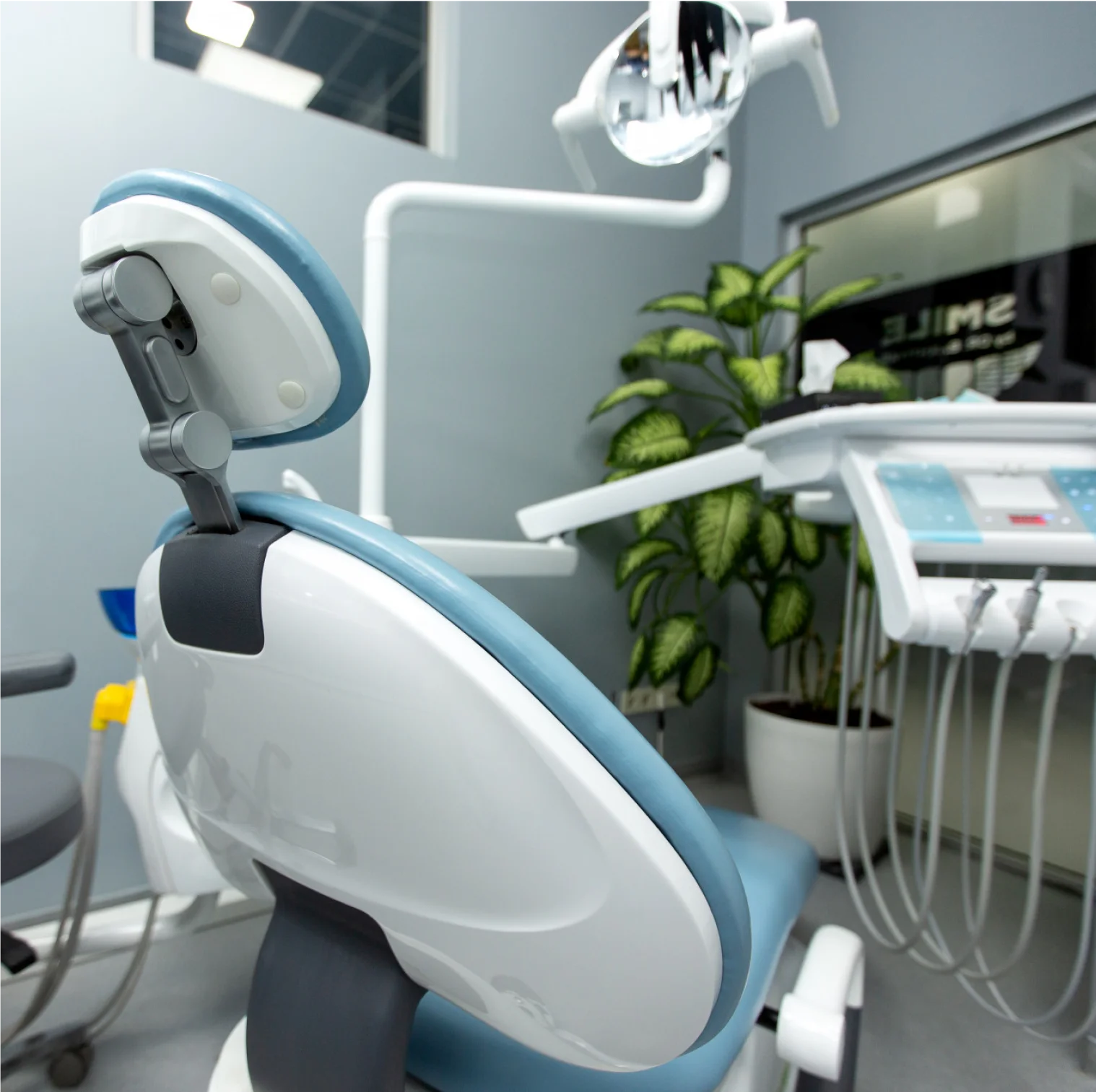
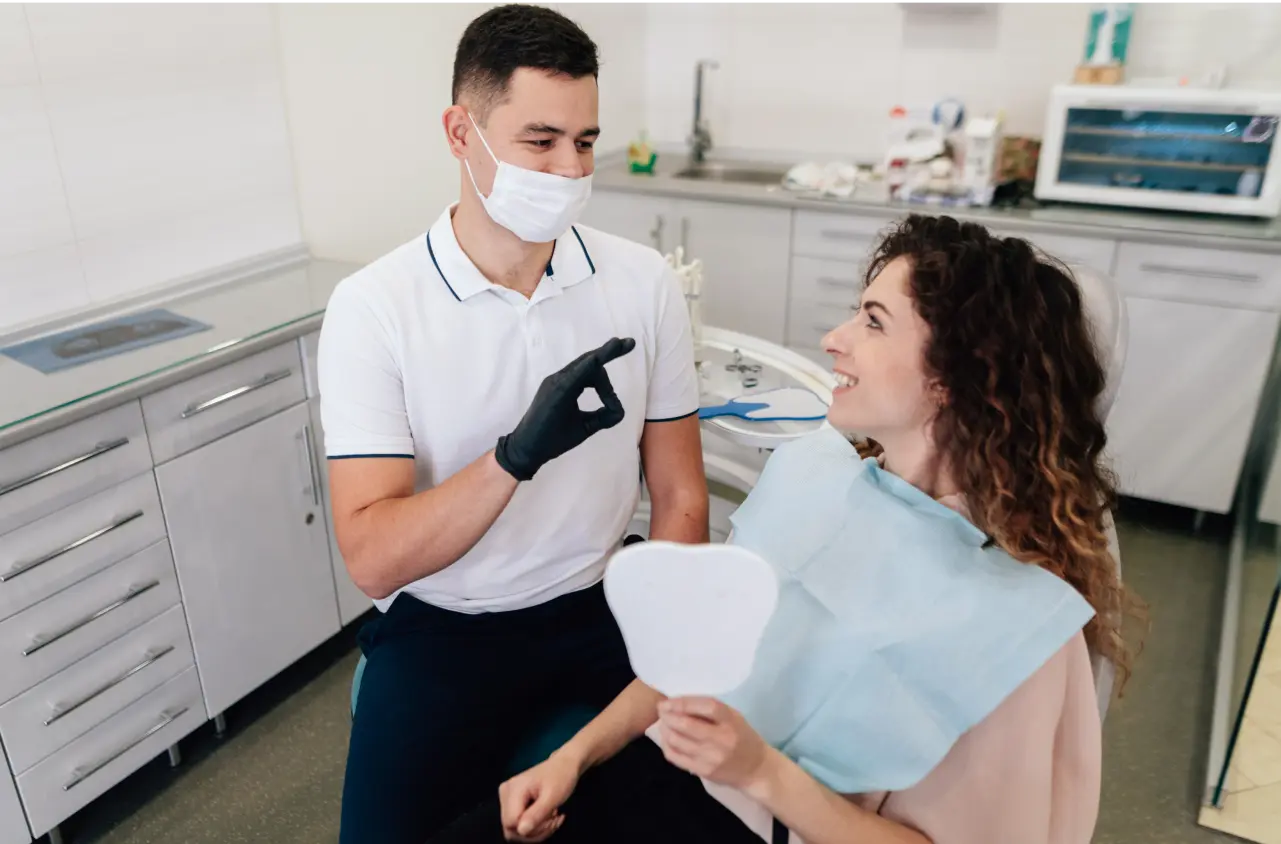
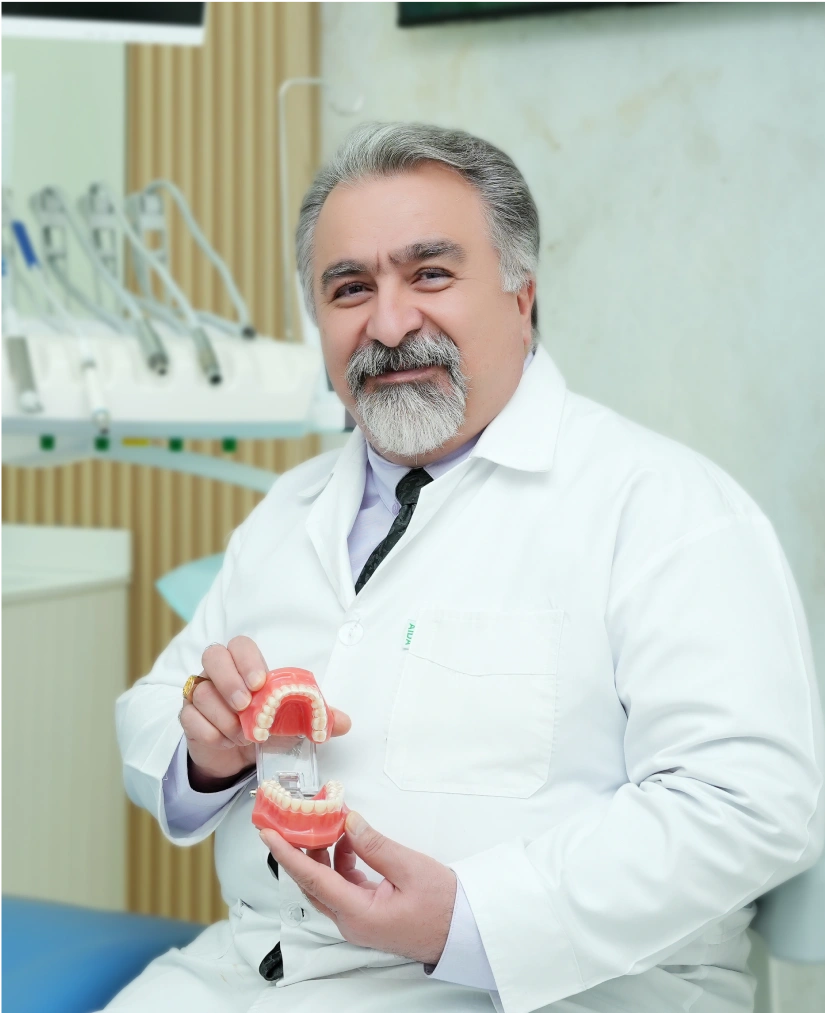 Dr. Babak Babaei
Dr. Babak Babaei 
